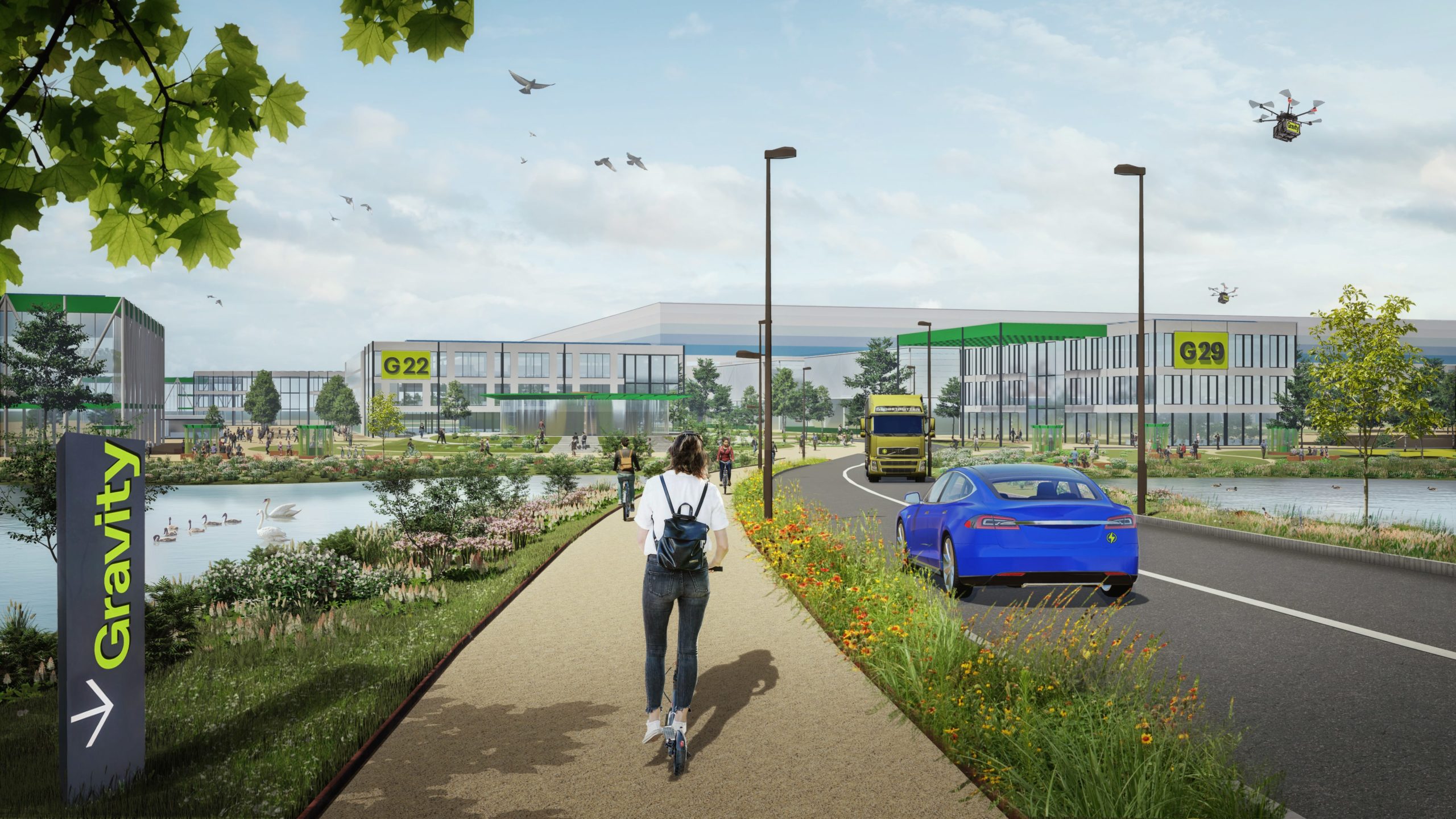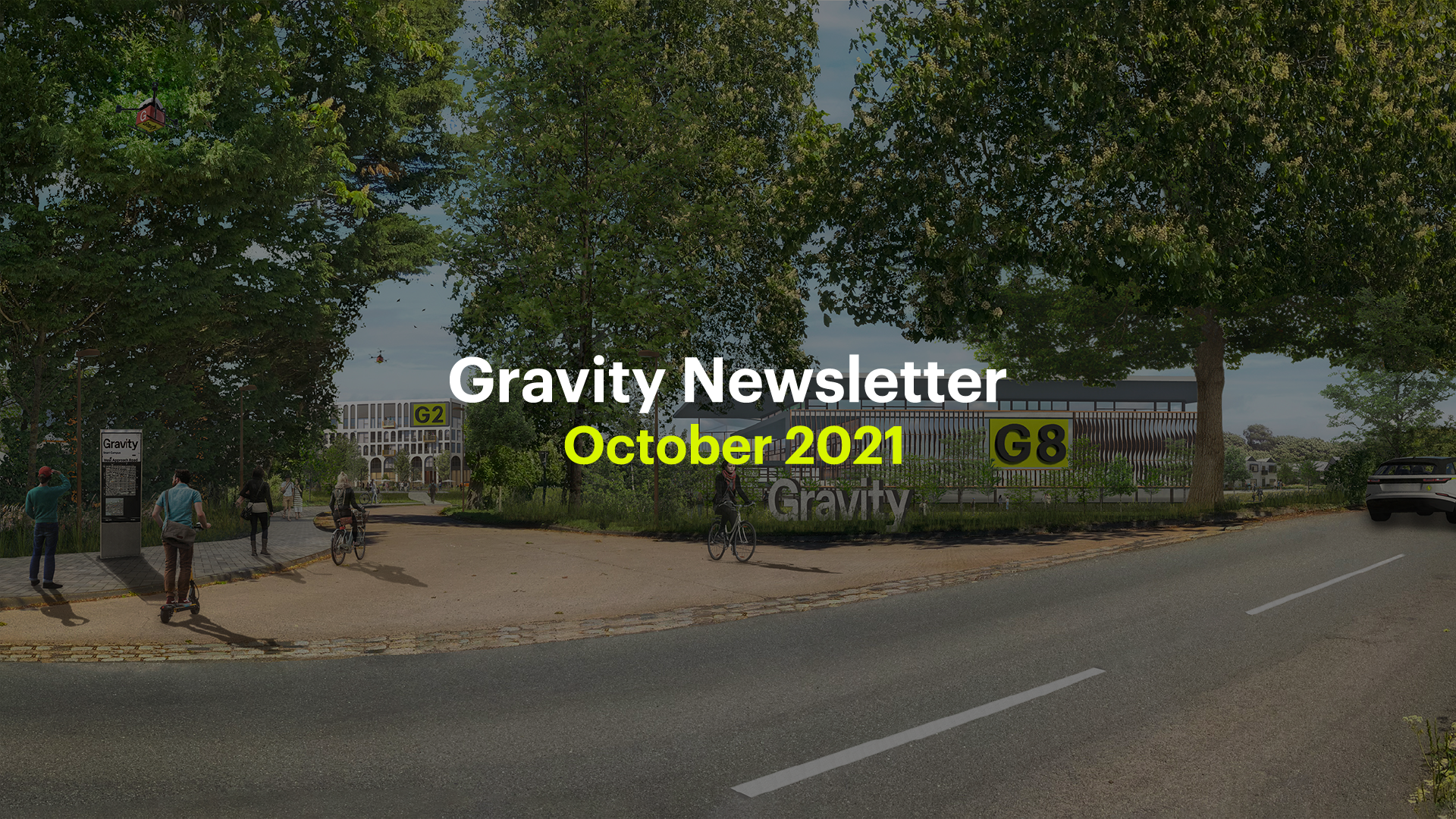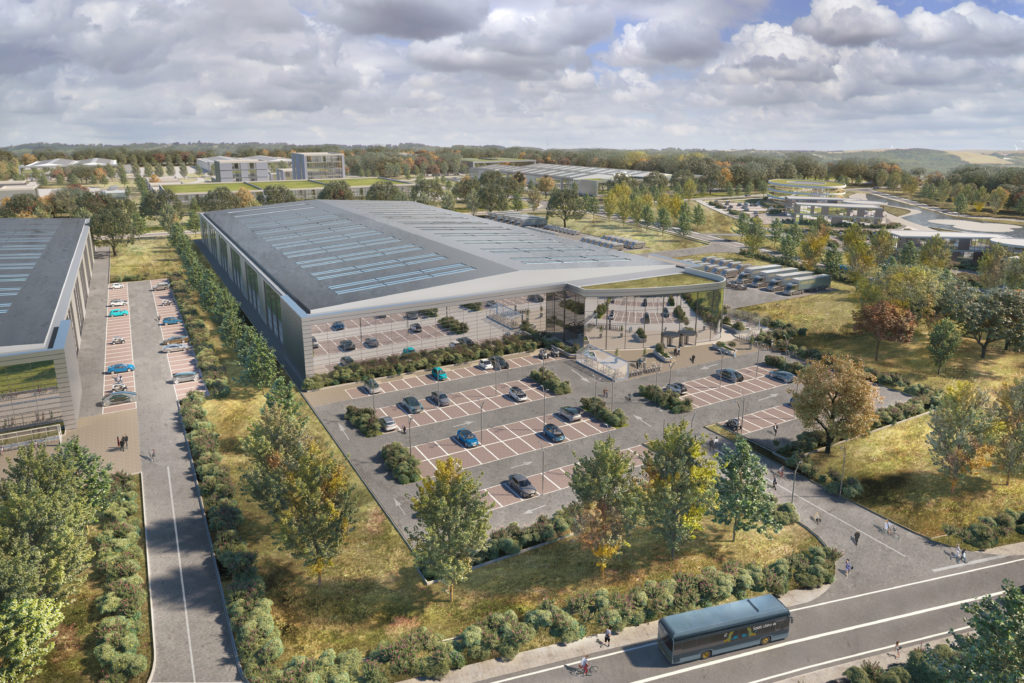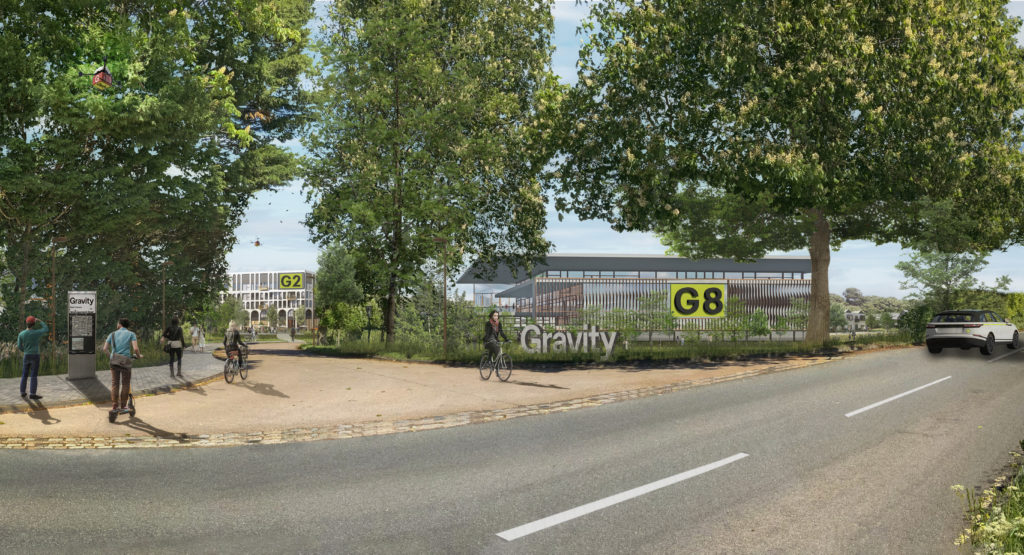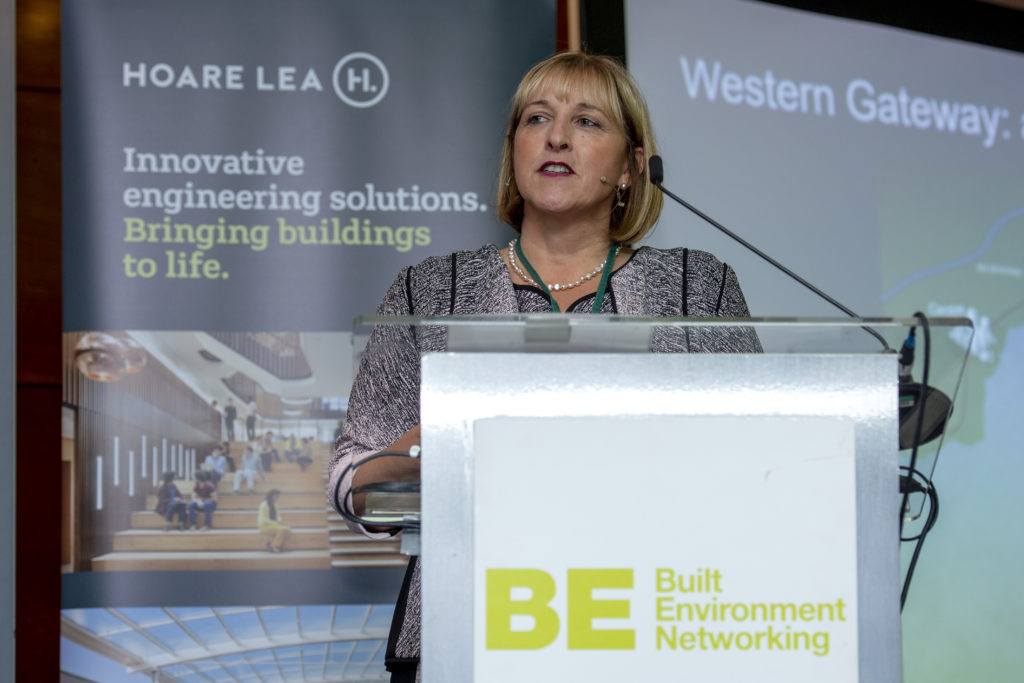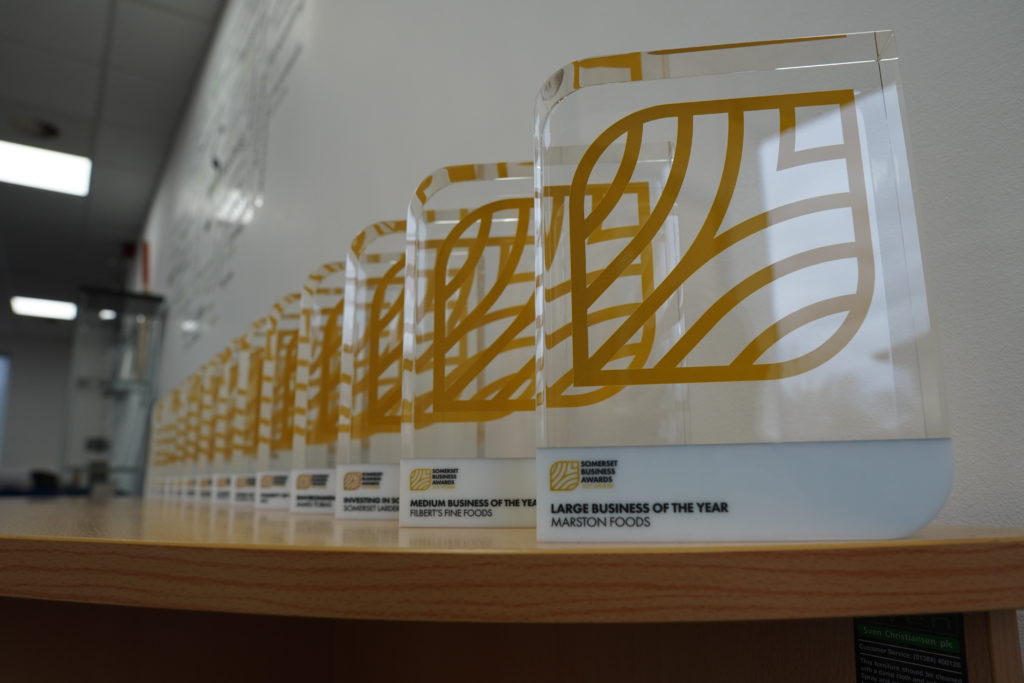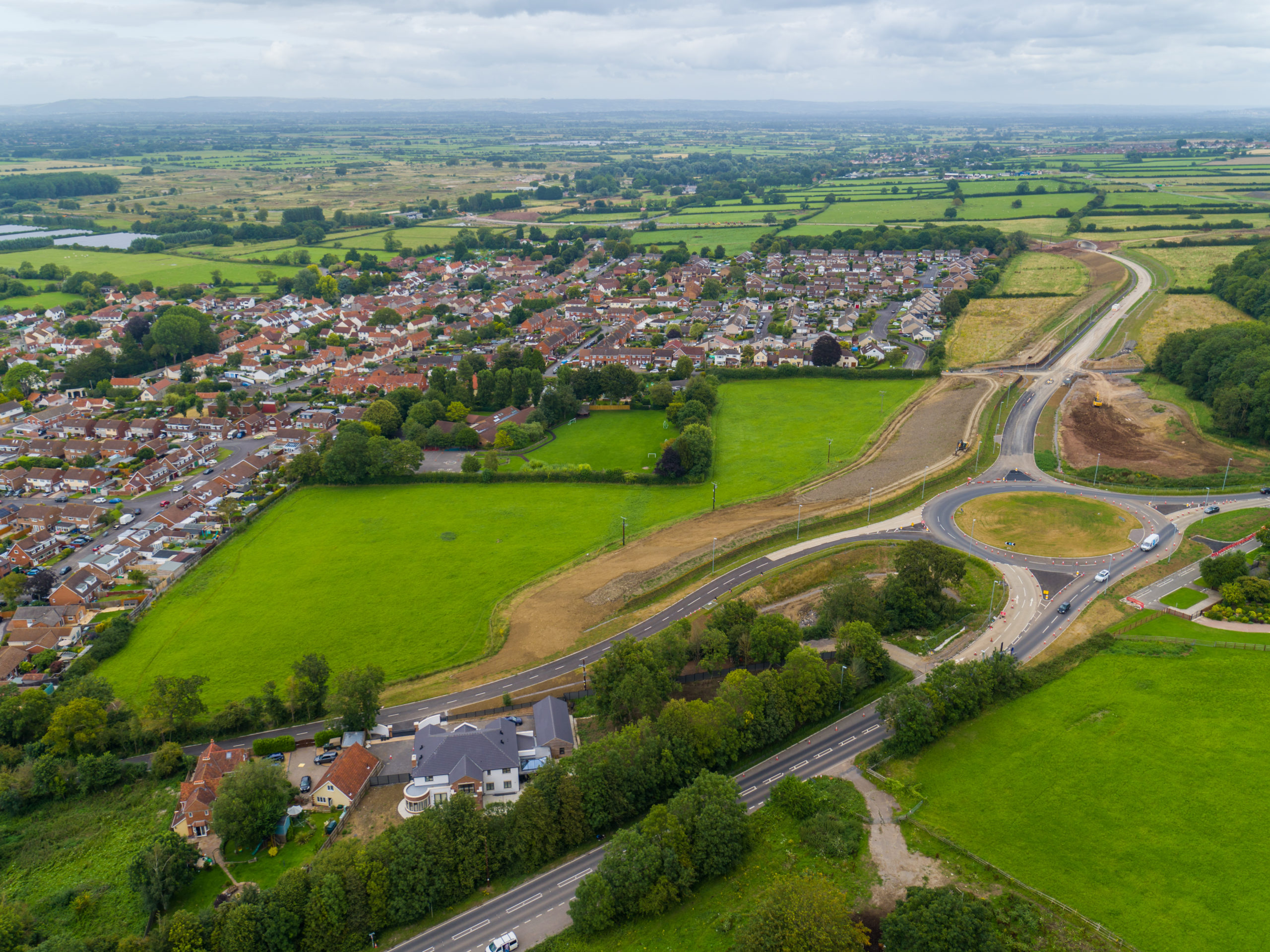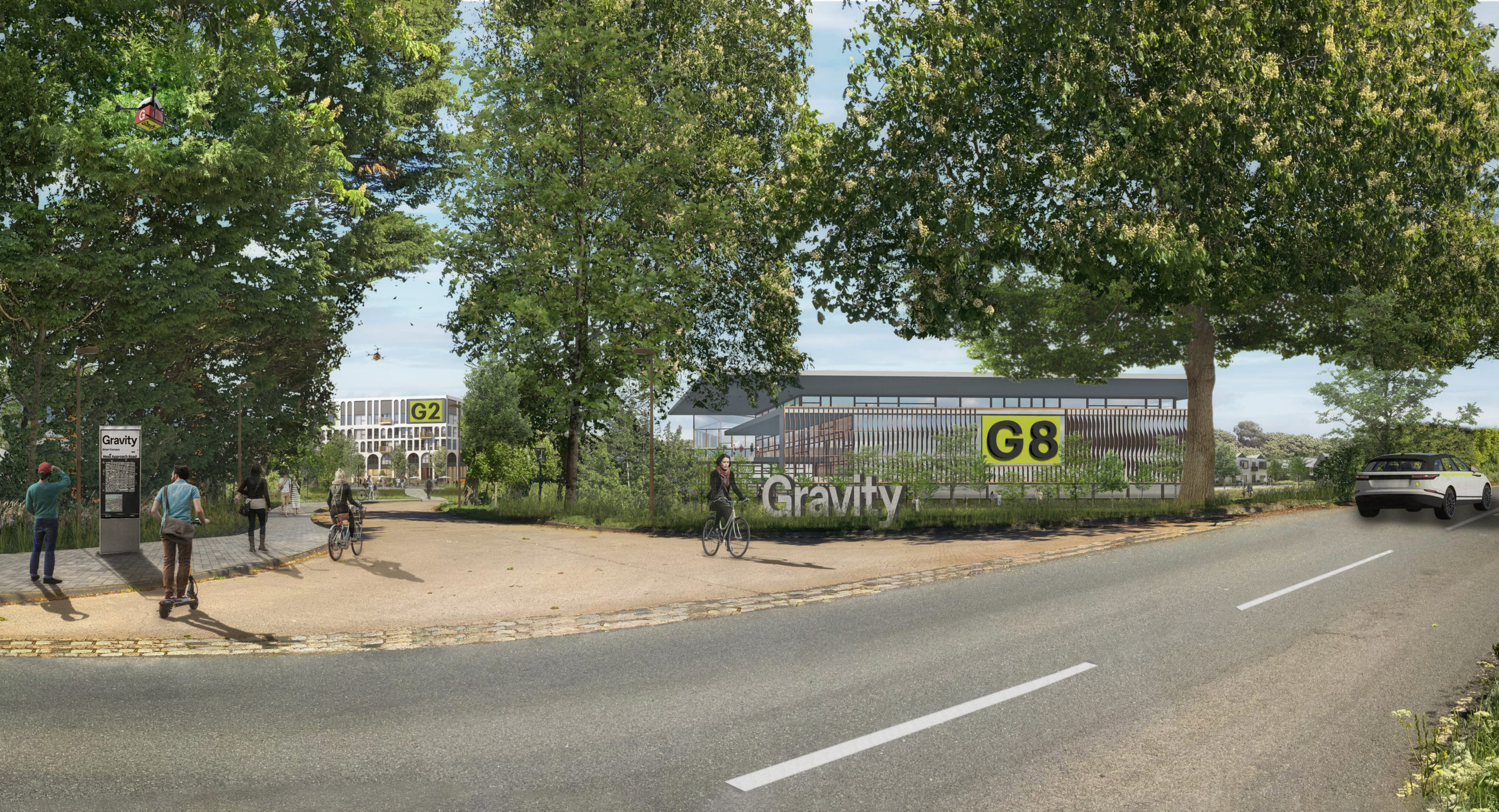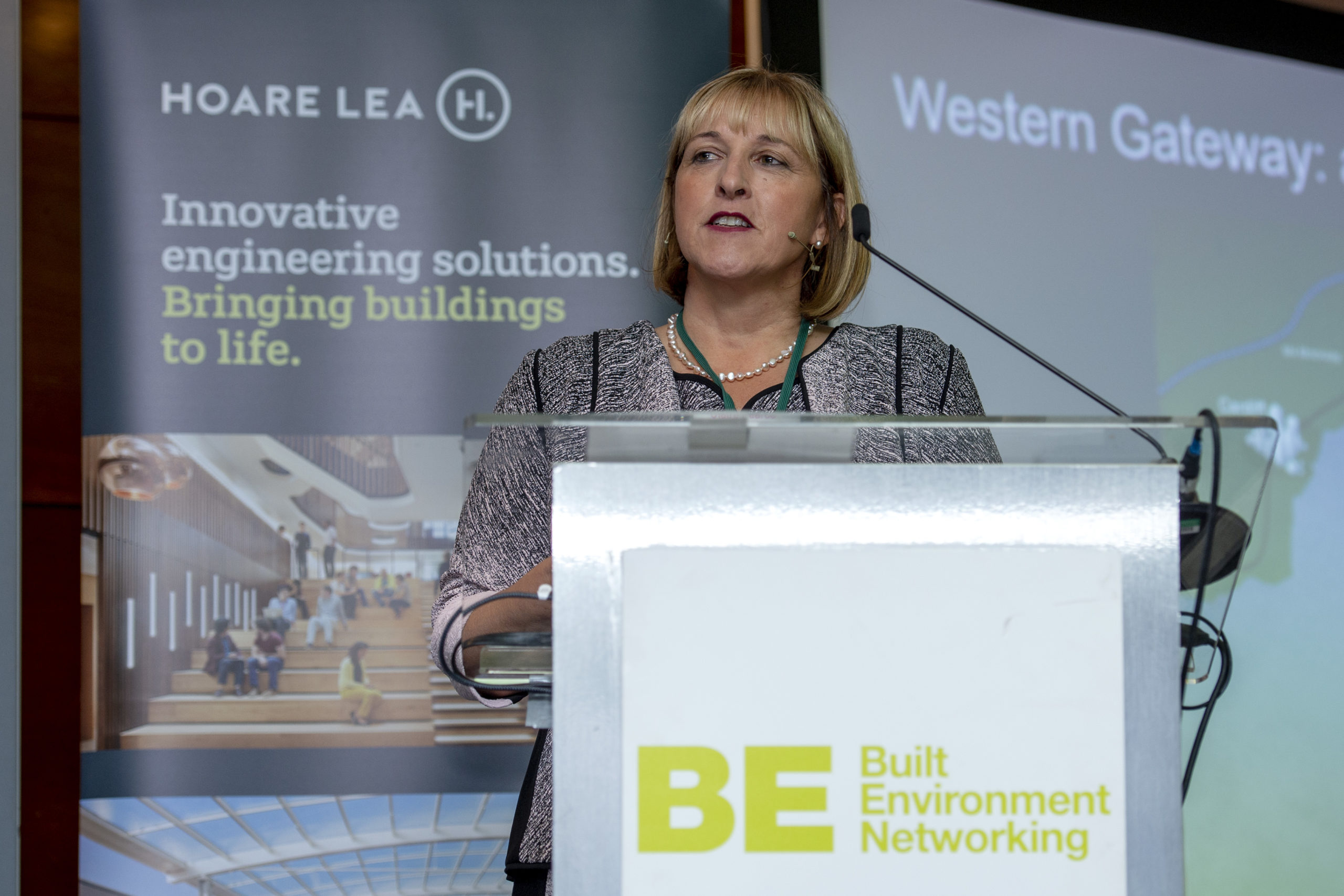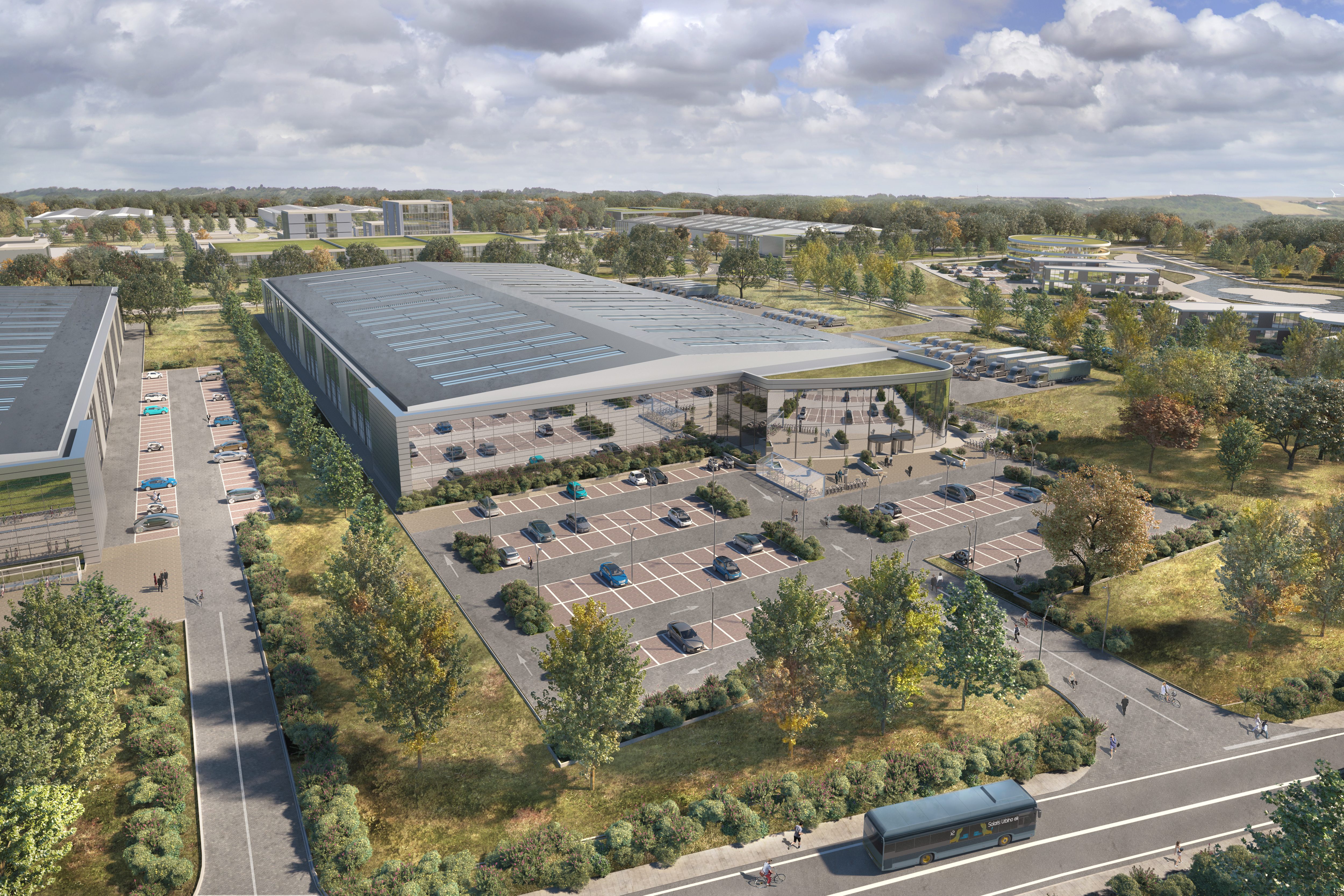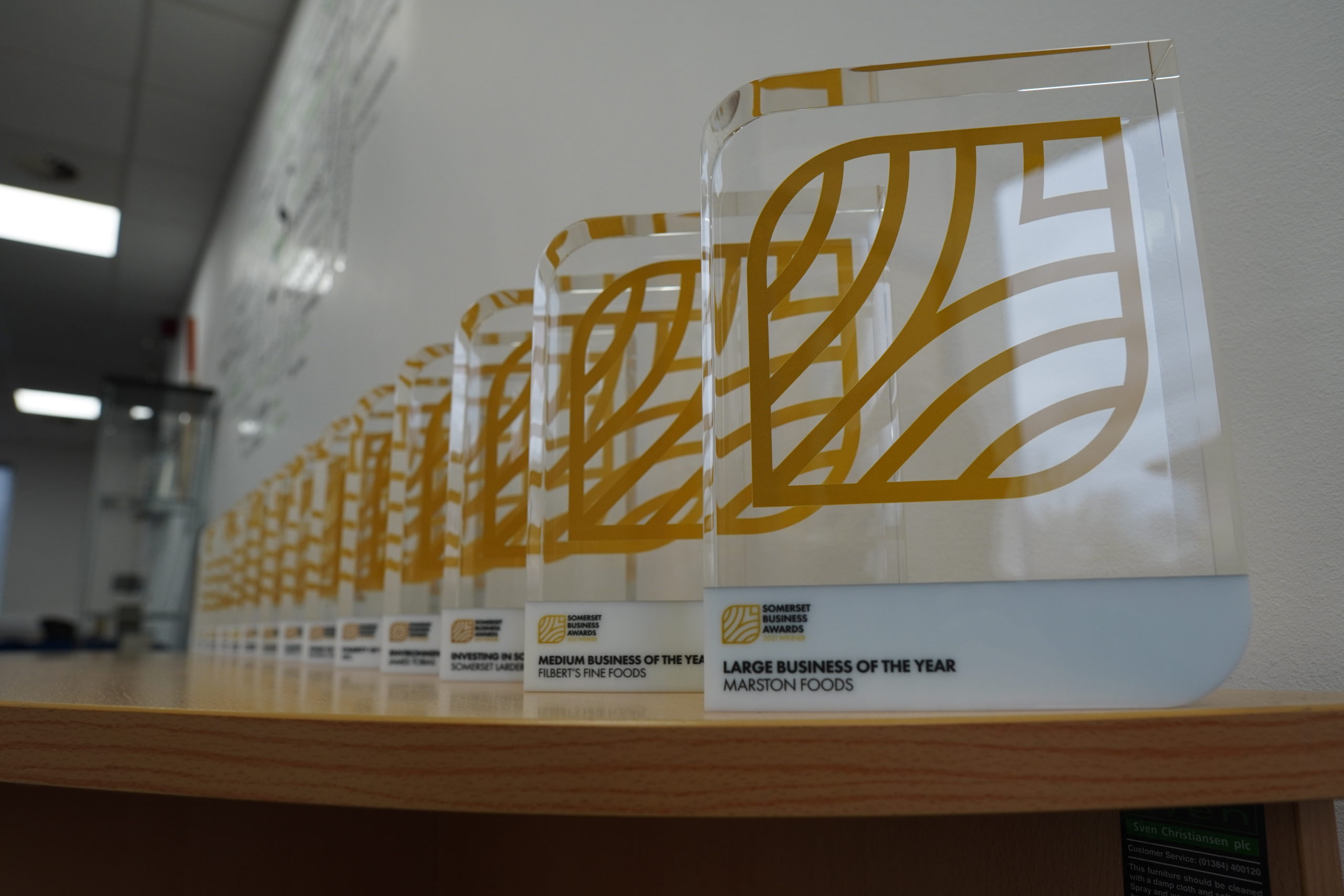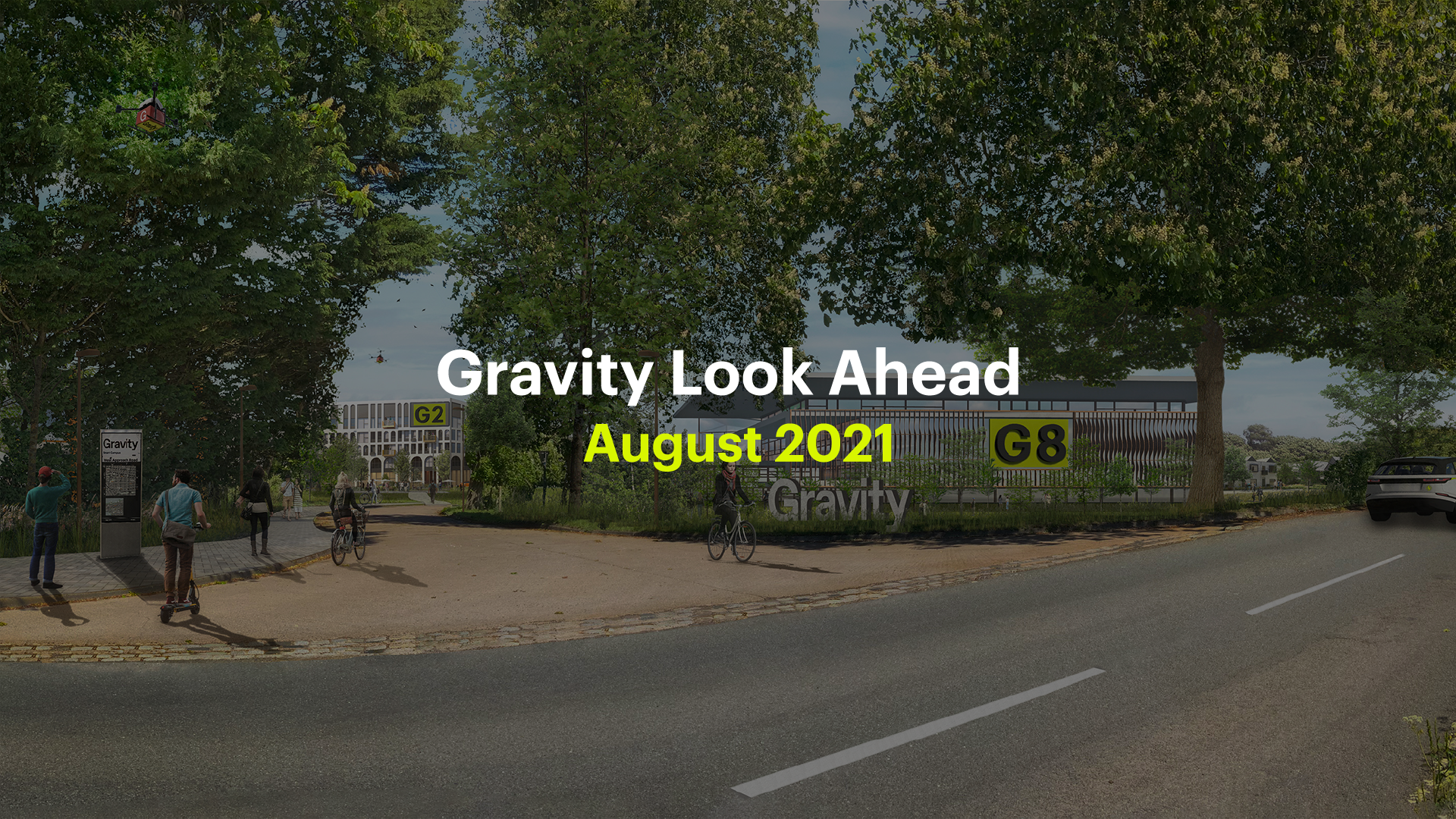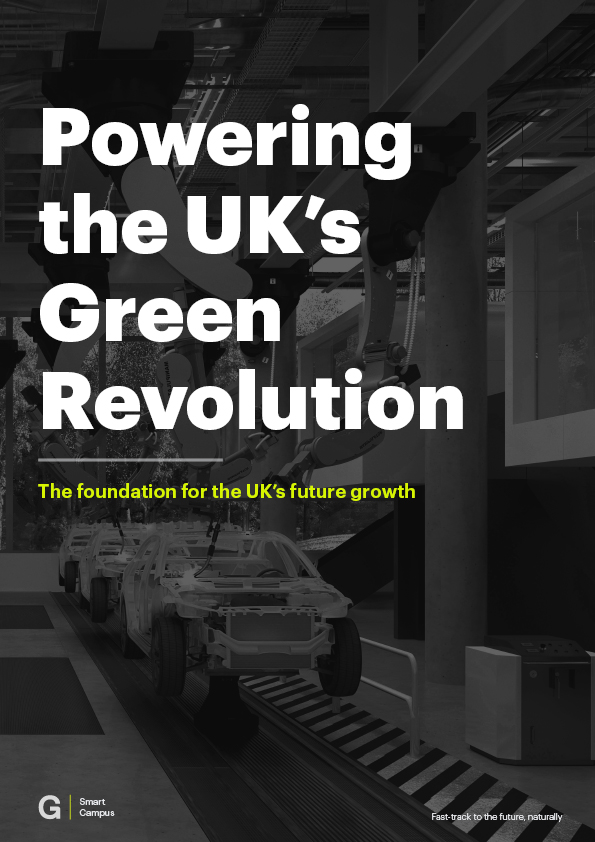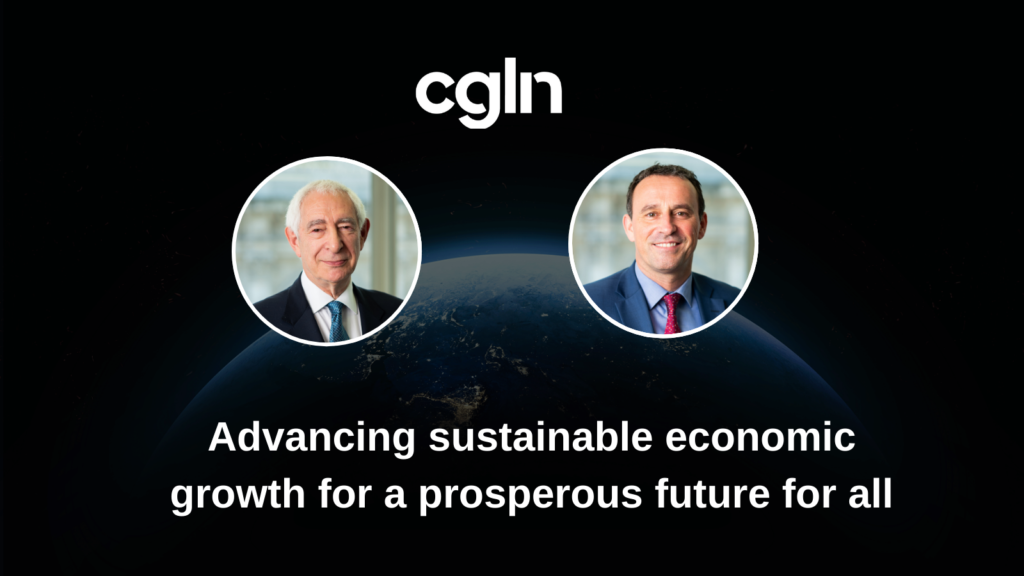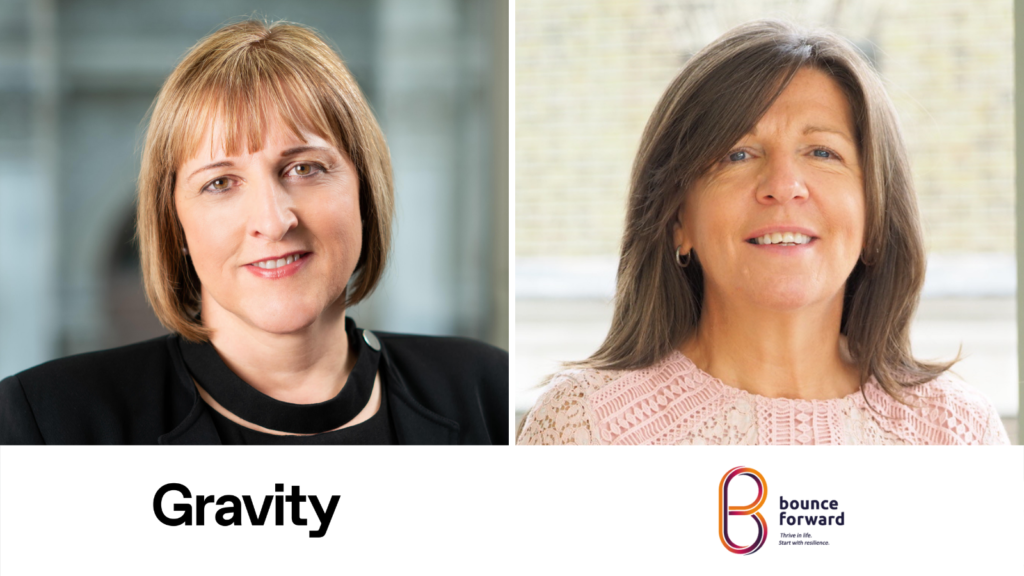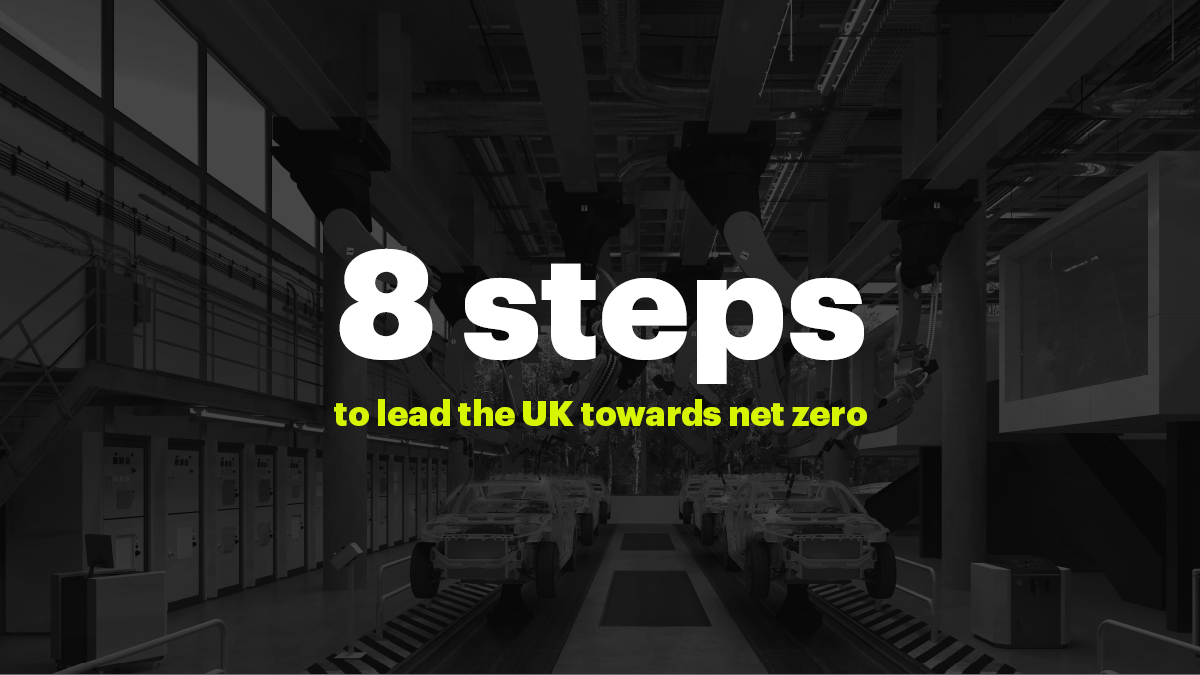Residents have until December 8th to give thoughts on proposals for a flexible planning process to support the creation of thousands of jobs
Sedgemoor District Council is today launching a formal consultation for a Local Development Order for the Gravity Enterprise Zone at the former Royal Ordnance Factory at Puriton. The Gravity Local Development Order will be a positive planning tool used to support investment and to bring forward the site’s transformation and deliver significant numbers of high-quality, skilled jobs for the local area.
The vision is for Gravity to be a smart campus and community that will create between 4,000 and 7,500 jobs, driving the UK’s shift towards a zero-carbon economy, and placing Sedgemoor at the very centre of the ‘clean’ growth revolution.
The formal consultation follows more than a year of engagement with the local community and businesses by Gravity about the proposals in the Local Development Order. This sets high-level parameters under which development proposals are effectively granted planning permission provided they accord with the requirements of the Local Development Order. The range of permitted development and uses set out in the Local Development Order include advanced manufacturing, commercial and business use and supporting service, community, recreational and residential uses to assist in the creation of the Gravity smart campus.
Supported by the Local Development Order, Gravity is aiming to provide:
- Thousands of new jobs in high value industries – advanced manufacturing- including electric vehicles and or battery manufacturing, smart technology, robotics, data, energy and other highly skilled sectors.
- A Skills Charter to link local people to training and job opportunities.
- A Business Charter to help local businesses respond to supply chain opportunities.
- Homes to encourage our young people to stay, train and work locally.
- Improved bus services, walking and cycling connections and potential new passenger rail and freight links to benefit Puriton, Woolavington and the wider region.
- New leisure and open spaces to support health and wellbeing.
- Continued work with local schools and education providers to build resilience, create training opportunities and inspire new careers.
- New and improved infrastructure for transport, energy digital connectivity and utilities.
Gravity will be the South West’s largest commercial development with the potential to deliver substantial levels of jobs. Comments on the draft LDO are really important in helping to shape this opportunity to deliver widespread growth and prosperity to the local area. People, businesses and local organisations have until 1700 hrs on Wednesday, December 8th to respond to the consultation and can do so by visiting the Councils web page at: www.sedgemoor.gov.uk/GravityLDO
Before Sedgemoor District Councillors considers the Local Development Order, it is formally consulting the public and statutory partners about the proposals for Gravity. This means there is another opportunity to share your views about the project. www.sedgemoor.gov.uk/GravityLDO
Duncan McGinty, Leader of Sedgemoor District Council said “Sedgemoor District is a proactive, pro-business Council, and has an impressive record on achieving economic growth. Now, even more so, the Council continues to work hard to secure new green collar jobs in sectors which are growing to create sustained jobs into the future for our communities. Gravity is the Sedgemoor enterprise zone and forms a key part of our plans to stimulate a green economic renewal. Please let us have your views’.
Claire Pearce, Gravity’s Director of Planning and Economic Development, added: “We are committed to working with Sedgemoor District Council to transform the site and create opportunities for local people and businesses. Starting the statutory consultation process marks an important next step towards preparing the Local Development Order before the council makes the final decision on adoption.
“The formal consultation follows hot on the heels of the road opening completing key milestones in transforming the site and creating a new era of higher value jobs in Sedgemoor as a legacy beyond Hinkley Point C construction.

